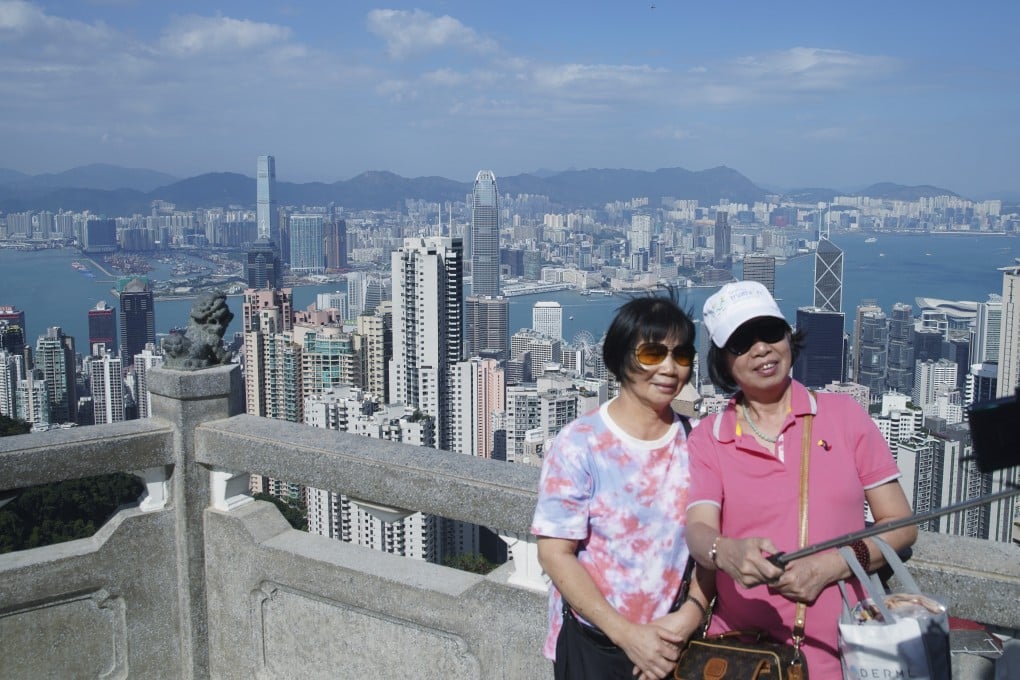My Take | How to rekindle that love affair with Hong Kong after Covid-19
- While the government will want to bring back the tourists, it must first win over residents by revealing how it will narrow the divisions and restore the city’s reputation

The Hong Kong Tourism Board launched an international campaign with the slogan “Live it, Love it!” in 2003 to lure tourists back after the deadly Sars outbreak. It said it wanted visitors to fall in love with the city.
Last week, loving Hong Kong was back in the news but in a very different context. Beijing declared only patriots can govern the city. Patriots, it seems, are to be defined as those who “love China and love Hong Kong”. Presumably, it also helps if you love the Chinese Communist Party.
We all have our own way of loving Hong Kong. For me, it was love at first sight. I made the nerve-tingling descent to the old Kai Tak airport in 1994. It was my first visit, so in a sense a blind date. This was an exciting time as the British colony prepared for its return to China in 1997.
The sheer energy of this crazy city was overwhelming at first. Everywhere seemed to be under construction and the harbour was being reclaimed. I would gaze in wonder at the trams and taxis that whizzed around beneath my window and the hypnotic sight of so many boats bobbing and weaving on the harbour.
Hong Kong had much to offer. A safe living environment under the rule of law, a cheap and efficient public transport system and a reliable health service were among its prime assets. Fashionable shops, restaurants and bars, and a stunning skyline could be enjoyed in town while the hills, beaches and trails were within easy reach.
